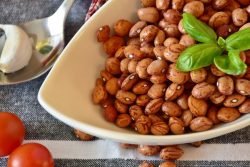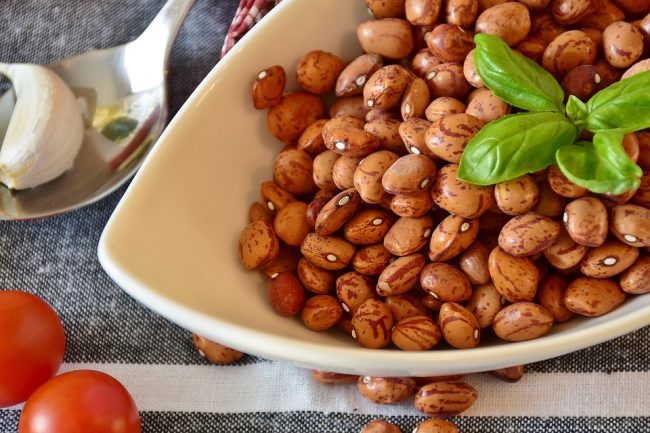The macronutrients are:

Carbohydrates are the main energy-supplying entities. They are the first resource the body use for both physical and mental activity. Carbs are stored in the form of glycogen and distributed in the liver (for 1/3) and muscles (for 2/3).
They are divided into simple carbohydrates and complex carbohydrates. Seconds are to be preferred because they satiate for longer and do not cause abrupt increases of sugar in blood. They are also rich in minerals and fibers.
Complex carbohydrates are contained in: fruits, vegetables, legumes, cereals, whole grain rice, wholemeal flour. Simple carbohydrates are contained in: sugar, sweets, juices, soft drinks.
 2.Proteins
2.Proteins
Proteins are macronutrients made from amino acid chains. Our body already contains 20 different types of amino acids that are subdivided into essential, semi-essential and non-essential, but the amount it can produce is not enough to perform all the necessary functions. Proteins should therefore be introduced through food.
Proteins are not a source of energy, but they promote the building of various body structures, such as muscles. They also carry out other important functions: they are hormones, enzymes and antibodies. It is advisable to consume 1 gram of protein per kilogram of weight per day.
Foods that contain a lot of proteins are: meat, fish, dairy products, eggs, legumes, cereals, nuts, soybeans.
 3.Fats
3.Fats
Fats can be ingested solid (butter) or liquid (vegetable and animal oils); are divided into three categories: saturated, mono and polyunsaturated, trans.
Fats provide the body with the fatty acids necessary for its regular functioning. For example, omega 3 and omega 6, contained in polyunsaturated fats, help regulate metabolism and maintain cell membrane elasticity, improve blood circulation and cell regeneration.
Fats also provide liposoluble vitamins (vitamin A, D, E, K) and play a crucial role in cholesterol supply. A minimum amount of cholesterol is important in hormone production and vitamin D production, but in excessive amounts it increases the risk of heart disease.
Daily calorie intake should include about 30-35% of fats.
